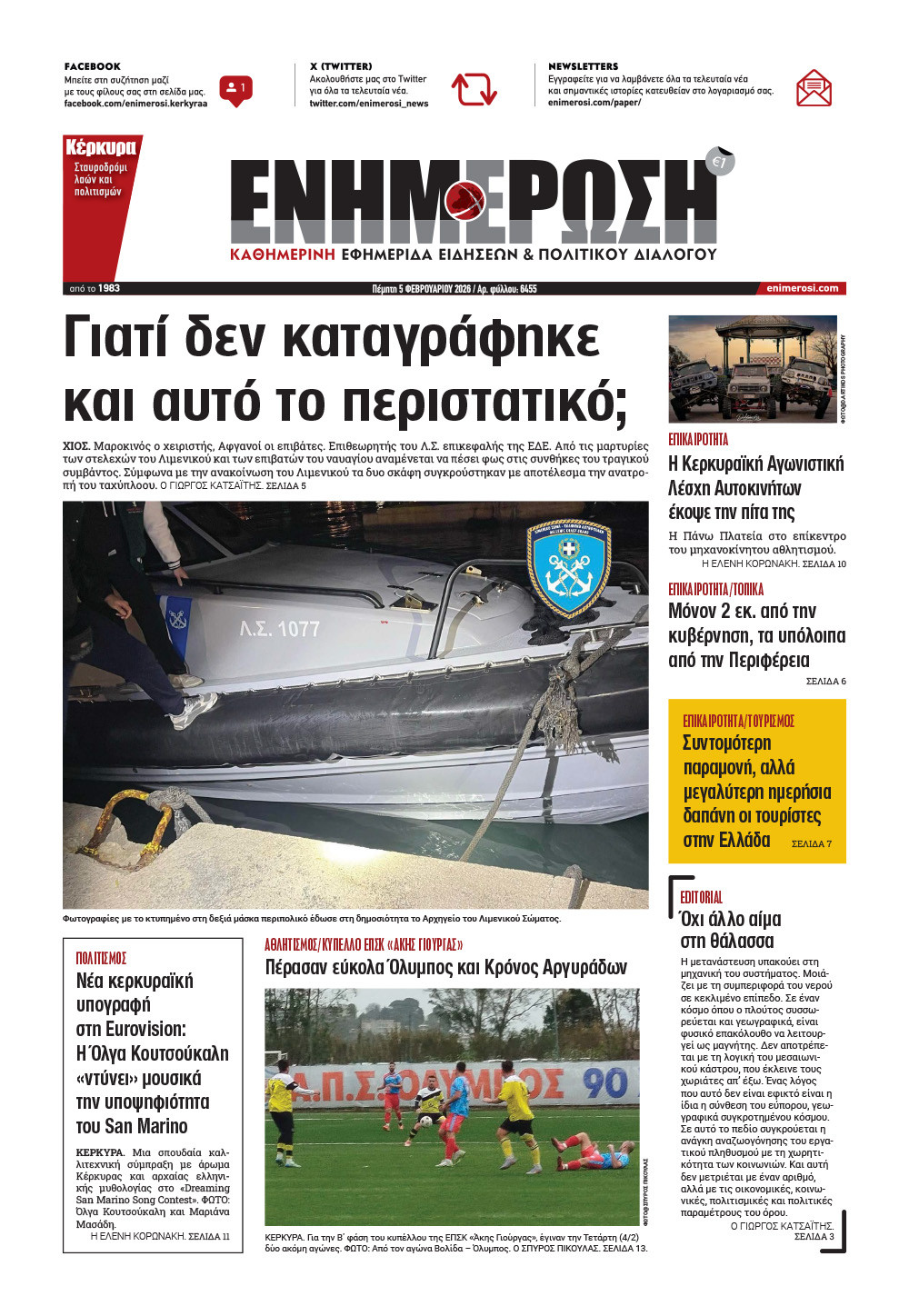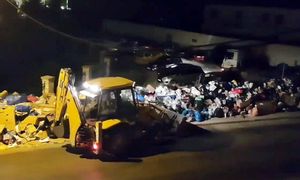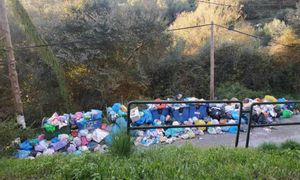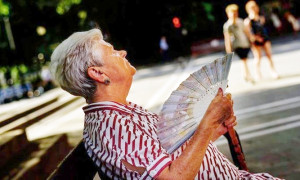Guidelines from the Medical Association on preventing the spread of diseases from refuse
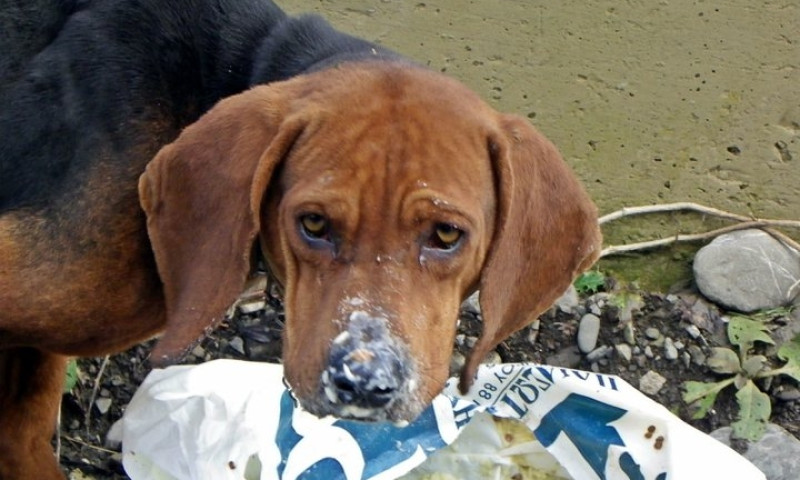
CORFU. The huge piles of rapidly decaying waste, with which Corfu residents and visitors have had to co-exist recently, is fertile ground for the development of micro-organisms and also attract of insects and rodents which carry diseases.
According to the Centre for Control and Prevention of Diseases, in the right weather conditions (high temperatures, humidity) viral organisms can be transmitted to humans by bites from animal and insect carriers which have been infected by urban waste and food and water can also be infected.
Corfu Medical Association has repeatedly requested all the competent organizations to implement permanent, legal and scientifically verified solutions for the integrated management of household waste and the protection of public health.
In the extreme conditions that we are yet again experiencing due to the inability to manage waste properly, we call upon residents to take personal responsibility in reducing the creation of waste as much as possible and are outlining the basic precautionary measures to avoid danger. The most basic precaution is the immediate and appropriate disposal of household waste. If this is not possible, then we recommend the following:
Basic personal preventative measures and guidelines:
- Careful separation of the waste, i.e. food leftovers and organic matter should be collected separately from the rest of the waste (paper, glass, plastic, cans) and be kept at home until normal refuse collection is resumed.
- Empty food packages should be washed out before thrown into the bin and waste should be collected in tightly tied resistant bags. Bags containing food leftovers should not be exposed to the sun, but kept in a cool place.
- Particular attention needs to be paid to human contact with rodents, such as mice, as well as to stray animals, in order to avoid being infected.
- Pet owners should be particularly careful that their pets don’t come into contact with refuse piles.
- We wish to stress the immediate need for refuse to be collected from high-risk locations, such as hospitals, medical centres, nursery schools, schools, old people’s homes, cafes, bars and restaurants etc. There then needs to be meticulous decontamination of the bins and the surrounding area in order to prevent the spreading of diseases.
- We would also like to point out that in these conditions the implementation of all the necessary precautions for employees in the cleansing services is mandatory and we request that they be strictly adhered to.
- Finally, in order to protect the public health and until a solution to the problem of household refuse collection has been found, we recommend that the authorities carry out on-the-spot controlled decontamination without the production of residues.
The President,
Maria Gonidi
The Deputy President,
Tatiana Spingou
The General Secretary,
Spyridon Galanis



